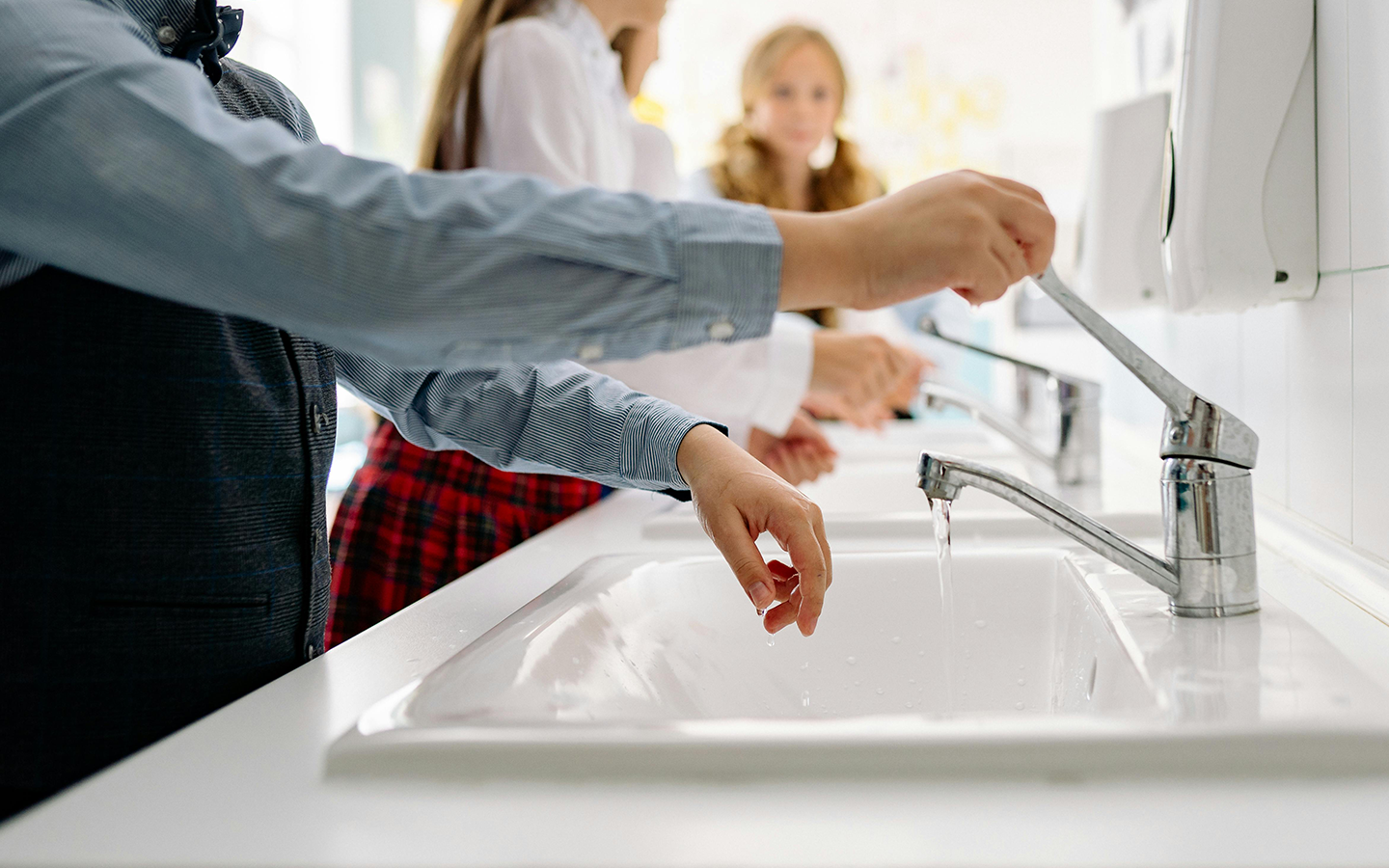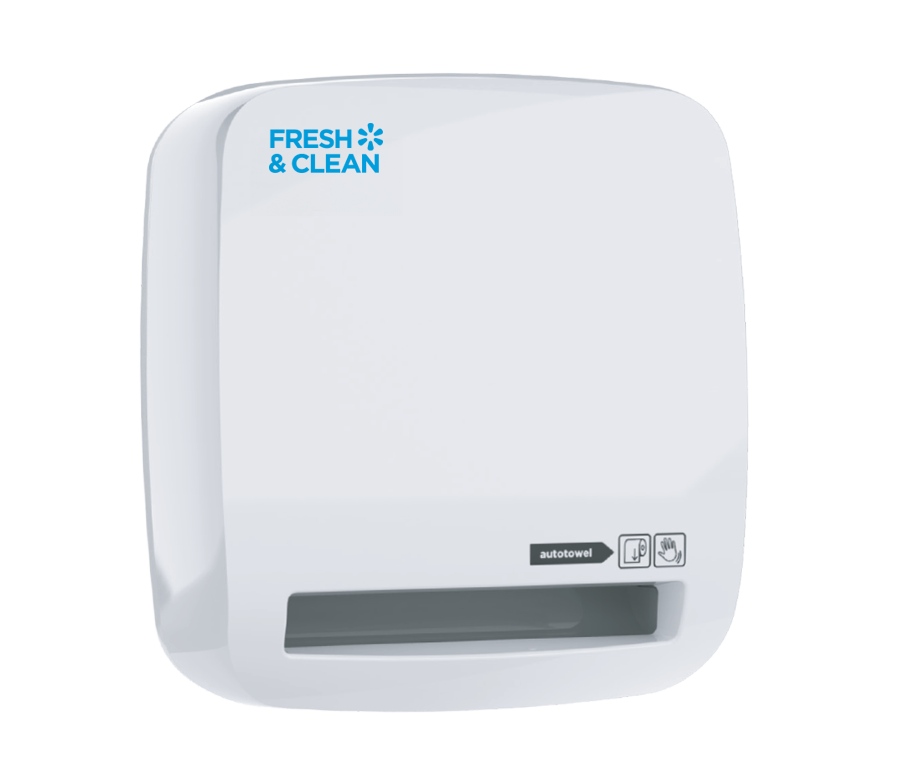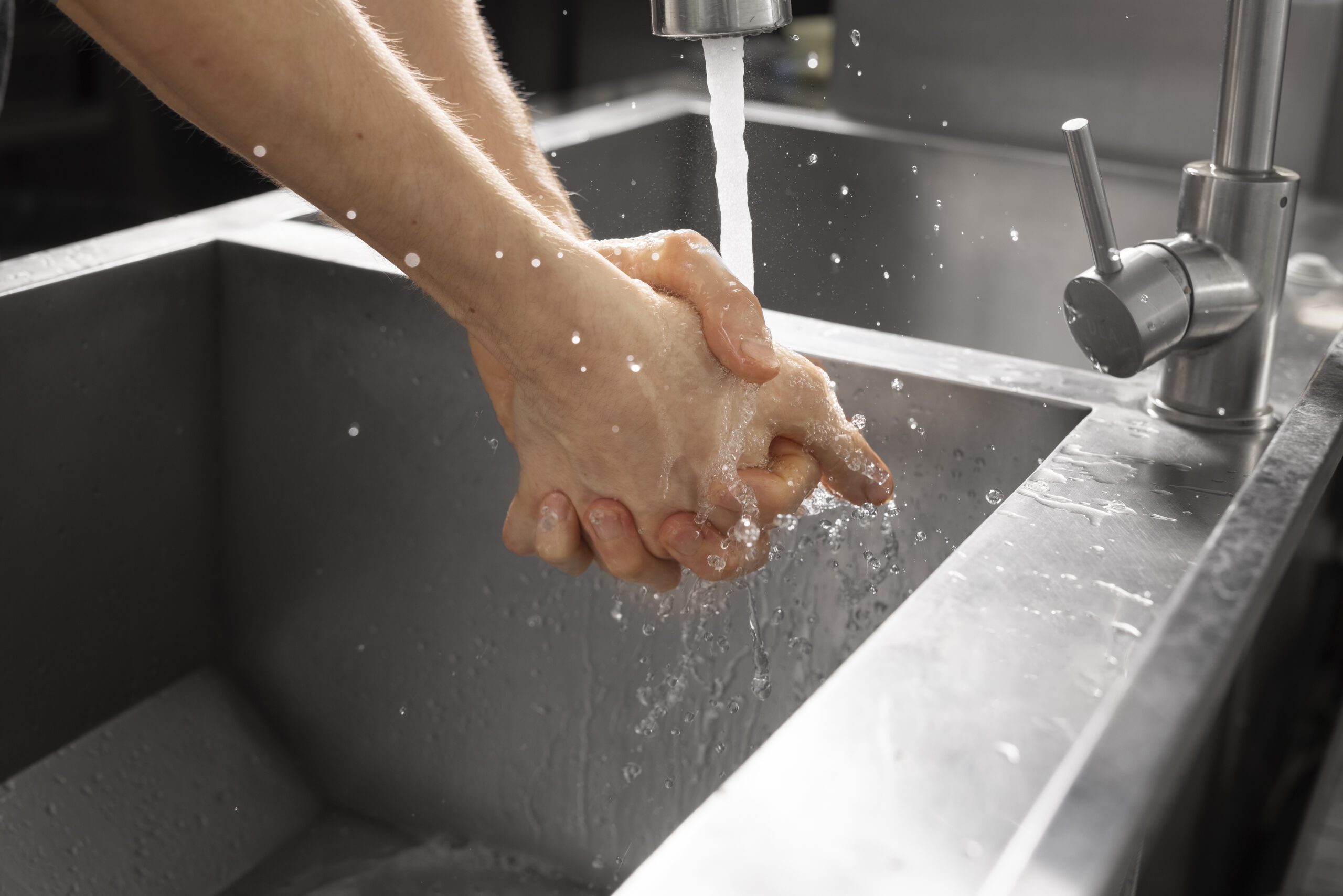
- /
Hand Washing and Sanitisation is a crucial part of good hand hygiene, but did you know there are different kinds of hand sanitisers? Is the hand sanitiser you’re buying actually made to kill viruses? With the recent COVID- 19 outbreak, hand sanitiser regulations have loosened to meet increased demand, but many retailers who would not usually occupy space in the sanitation business have created their own sanitiser products and are encouraging consumers to spend more money than should be necessary for items that don’t properly protect them from the germs they’re trying to kill.
Hand sanitisers can either be used in addition to your handwashing practice with water or as a standalone hand rub (to be used without water) and only some of these are regulated by the Therapeutic Goods Administration, depending on their ingredients and what they claim to do.
In Australia, there are normally two different classifications of hand sanitisers, with a newer third classification that has been added during the COVID-19 pandemic.
These are:
- General Consumer Products (Cosmetics) – unregulated by the TGA
- Therapeutic Goods – regulated by the TGA
- Specific formulations excluded from TGA regulation during COVID-19 pandemic
Currently only one of the three – Therapeutic Goods – can claim to kill viruses due to product testing and regulation performed by the TGA.
General Consumer Product – Not Regulated by the TSA
Hand sanitisers made for general consumption do not have to be regulated, however their claims are limited to general low level activity against bacteria or germs (such as kills 99.9% of germs) and are unable to have any claim on killing any viruses or specific bacteria. These only contain low risk ingredients such as alcohol substitutes or have a lower alcohol content than TGA regulation products, and are useful for those who may have an alcohol allergy.
Therapeutic Goods – Regulated by the TSA
Antibacterial hand hygiene products that claim to kill specific organisms (e.g. E Coli or viruses) and are able to be used in healthcare settings such as clinics and hospitals require evaluation from TGA. TGA investigate and research the quality of the product and the effectiveness of its claims, and if it does live up to its intended purpose it is allowed to be used in a medical environment.
Specific formulations excluded from TGA regulation during COVID-19 pandemic
These hand sanitisers are currently excluded from regulations, however must be made using a strict formula based on advice from the World Health Organisation. These must contain only the following ingredients:
- EITHER ethanol 80% v/v (pharmacopoeial grade or food standard grade) OR isopropyl alcohol 75% v/v (pharmacopoeial grade) in an aqueous solution;
- sterile distilled water or boiled cold water;
- glycerol 1.45% v/v (pharmacopoeial grade);
- hydrogen peroxide 0.125% v/v (pharmacopoeial grade); and
- does not contain any other active or inactive ingredients, including colours, fragrances or emollients.
So how do you check how effective your hand sanitiser is?
According to experts, it is recommended that hand sanitisers be at least 60% alcohol based to be effective. Those with less alcohol content have been found to be ineffective at reducing viruses, and only those with more than 60% alcohol should be used as a replacement for hand soap and only in situations where hand soap is unavailable.
Ensure you read the label and understand the ingredients and their connotations to ensure you’re purchasing an effective hand sanitiser and not just one for ‘cosmetic use’.
As restrictions are relaxed and businesses slowly return to work, Our Back to Work range of essential products can help your business return to work with confidence. This brilliant range of products are outside our traditional portfolio and we are delighted to make them available to you, to make sure that you can keep operating in the most hygienic way possible and to help keep you, your staff, and your customers, safer.






